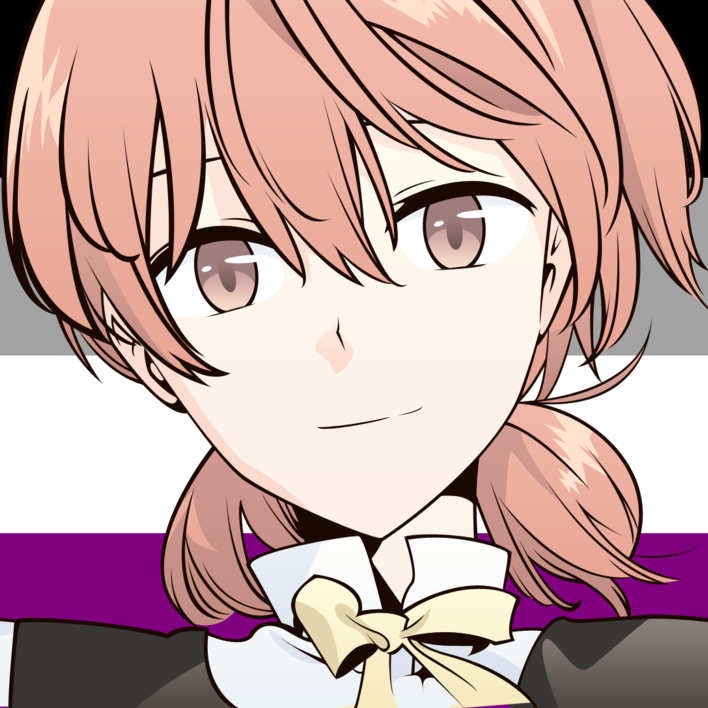It took me 6 episodes to figure out why Fairy Gone wasn't quite clicking with me. I can't say I dislike the show, but I don't like it nearly as much as I thought I would. The problem I have with it is how it presents its setting.
The setting of Fairy Gone is based on early 20th century Europe, still recovering from a "War of Unification" a decade prior. Unfortunately, I couldn't tell you what any of the many named locations are called without looking them up. It is filled with many factions that have competing interests, but it's not yet clear what the goals of any of these groups are at this point in the show. Maybe this is meant to give each group an air of mystery and intrigue, but it leaves me feeling like I would be much more invested in the characters' actions if I had some sort of idea what the consequences might be.
There is no magic in this world in the typical fantasy sense, but fairies exist in nature and humans have been able to harness and replicate their power to create fantastical technology, such as vehicles that walk on legs and humanoid automatons that are controlled with a flute. "Fairy Soldiers" are "possessed" by fairies and can summon them to fight with varying abilities similar to Stands from Jojo or Personas. Our main characters are tasked with obtaining the "Black Fairy Tome" which details the methods behind fairy possession. I wouldn't call any of this information "spoilers" since it's the basic premise of the show, but none of this feels properly explained until episode 3 or 4.
Each episode opens with either a brief narrated history lesson or a flashback for one of the major characters, and that may be where the presentation immediately falls apart for me. Neither of these devices are inherently bad ways to present information, but in this case they feel inorganic. The history we are taught seems like it should interesting, but we're told only what we need to know, right before we need to know it. As a result, information feels tacked onto the plot of each episode rather than being a part of the world. There is a potentially interesting political conflict that the history lessons imply to be brewing, but so far we haven't seen much if any of it in the actual story, even in the background. I would likely feel much more invested if this information was sprinkled throughout each episode as foreshadowing for future episodes. I would care more about the history if it felt like part of the story rather than a footnote. If the "history lesson" format was necessary, those scenes may have been better integrated into the episodes by cutting to them after a topic was mentioned, documentary-style, as opposed to presenting them without context.
As I said earlier, there are many named locations in this series, each presented with a name card and sometimes a brief description the first time they appear on screen, but I'm not sure I could name a single one. Thankfully most of the characters have catchy names like Veronica Thorne, Bitter Sweet, Ray Dawn, and Axel. The characters' names wouldn't feel out of place in a murder mystery board game, and I think that's great for the type of story this is supposed to be. I love their visual designs as well. However, they suffer the same problem as the setting itself in that most of their backstory is told as a flashback at the beginning of an episode. This may be an attempt at "show, don't tell", but it's difficult to feel invested in the events being shown without proper context for them. Without caring about the world, it's difficult to care about what's happening in it.
In a way, the worldbuilding for Fairy Gone feels oddly rushed, as if they're cramming information in at the start because they wouldn't have time to present it elsewhere. This shouldn't be the case in any show ideally, but especially not for a show that has already confirmed a 24* episode run in 2019. With three times as many episodes as most anime get in a single year, there should be plenty of time to incorporate exposition into the narrative itself. Perhaps the pace of Fairy Gone's worldbuilding is a symptom of being scriptwriter Ao Juumonji's first time writing for anime as opposed to light novels. Unfortunately, the great ideas the show seems to have simply aren't executed in an engaging way. The show we've got isn't bad by any means, but it's certainly not living up to its potential. At the moment it's just good enough for me to want to see it through, but I can't say how long my enthusiasm will last. Fairy Gone has 18 episodes to left for me to watch, assuming it manages to keep my attention for that long.
*Edit: Originally this post said Fairy Gone had a total of 36 episodes due to a misunderstanding caused by an incorrect episode schedule.


Comments
No comments yet. Be the first to react!